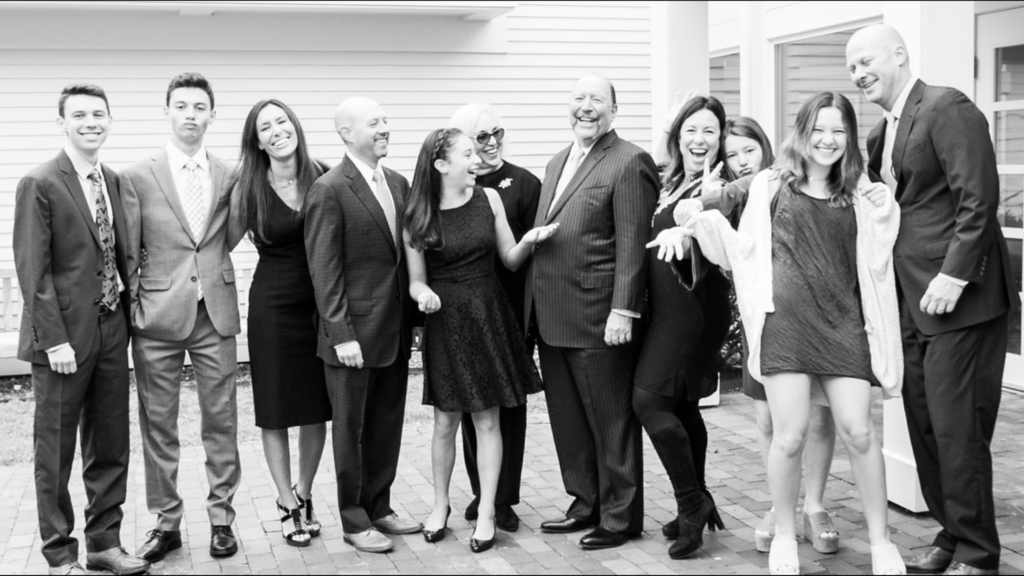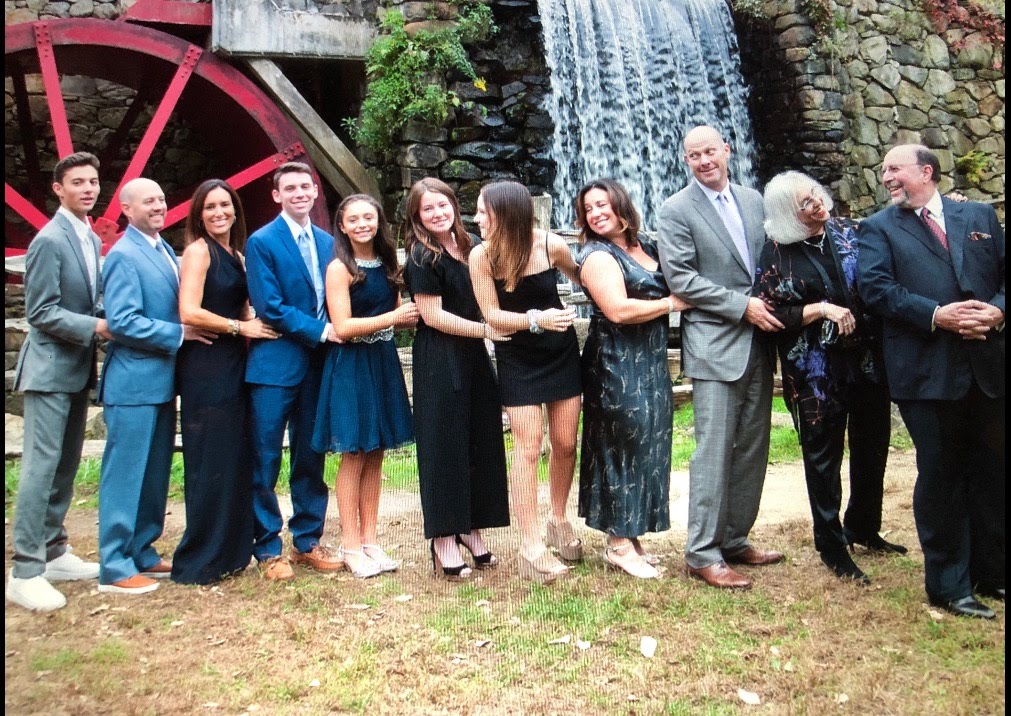Marvin Fried, MD, is professor and university chairman, emeritus, at Montefiore Medical Center/Albert Einstein College of Medicine.
A New York native, Dr. Fried graduated from City College of New York where he received the prestigious New York City Jonas Salk Award and Scholarship. After earning his medical degree from Tufts University School of Medicine, Dr. Fried trained in Otolaryngology at Washington University School of Medicine where he also was a fellow of the National Institute of Neurological Disorders and Stroke.
He then served as surgeon (commander) in the United States Public Health Service in Virginia. His first faculty appointment was at Boston University School of Medicine and Tufts University School of Medicine, which was followed by 17 years at Harvard Medical School where he became professor of Otology and Laryngology. He also served as chief of Divisions of Otolaryngology at Brigham and Women’s Hospital and Beth Israel Deaconess Medical Center.
Dr. Fried then joined Montefiore Hospital/Albert Einstein College of Medicine where he has served for the last 20 years as professor and university chairman, Department of Otorhinolaryngology-Head and Neck Surgery.
Q. What role did your training at Washington University have on your career?
“I think my residency was probably the most significant part of my professional development. When I was accepted by Dr. Ogura to the program, I was absolutely thrilled, but it was a high hurdle to get over. At the time, we were in the Vietnam conflict, and Dr. Ogura wanted all of his residents to get deferred so that they could complete their residency program without going into the service.”
“Fortunately for our group, we were deferred. So I didn’t have to go into service until I was done in 1975. That was a critical time, and I was absolutely thrilled to be accepted into the program.”
Q. Why did you want to train at Washington University?
“I knew it was one of the most rigorous and one of the longer programs for training in the country. There was just a handful of programs that went for five or six years. I knew I was in for some intense training. I knew also one of the things that engaged me with otolaryngology was the head and neck surgery. That was a paramount endeavor to the WashU program, and Joe Ogura’s reputation.”
“During the time I was at WashU I became enthralled with issues of the larynx, and that opened new vistas for me, exploring medicine as a laryngologist, and writing one of the first clinical textbooks in North America on laryngology.”
“That along with my co-residents, who still remain close with me, and the faculty that was incredibly supportive, it was just a great place to be.”
Dr. Fried wrote the nation’s definitive two-volume text on vocal restoration and rehabilitation entitled, The Larynx, which is used in medical schools across the nation and includes 1,751 pages of medical information and illustrations.
Q. Why did you pursue academic medicine?
“Joseph H. Ogura, he beat it into us, saying ‘I want you guys to be in academics.’ I always kind of felt that in a way I had an obligation to him, and that was gratifying.”
“Barbara Bohne also influenced me and encouraged me to pursue academic medicine. She was a basic scientist at WashU. I was interested in head and neck surgery but did research with her in otology and noise-induced hearing loss. She was working on an experimental model with chinchillas.”
“I was fortunate enough to get an award for research from the Academy [American Academy of Otolaryngology-Head and Neck Surgery]. It feels good when you feel you’ve contributed something, when you’re able to conduct research that makes a difference.”
“I always loved to teach and to be with residents and students. One thing fed off another. The positive feedback made me move on, and fortunately I’ve been successful in what I’ve done academically.”
Q. What are some of the highlights of your career?

“I’ve been very lucky. I’ve had multiple highlights. You often don’t take time to stop and look backwards, and you just move through it. From college on I’ve been very lucky. City College of New York – fortunate enough to get a Salk scholarship, to get a scholarship at TUFTS, to train at Washington University…”
“When I was in the service, I got to be a commander and didn’t even know how to command. Then coming after my training, coming back to work at Harvard in Boston where my wife Rita was born. I married her just before I began my residency. Rita, my two daughters and four grandchildren are my highlight.”

Q. What is the most exciting thing that happened this year?
“One of the most thrilling things for me this year is that one of my four 18-year-old grandchildren, my grandson, Noah Jacob, is a freshman at Washington University. I can’t wait to visit him. I think he’d be a great doctor, but he may be more interested in computer science.”
Q. What are you working on now?
“In addition to offering telehealth care to patients and mentoring senior medical students, I’m working with the American College of Surgeons on a new initiative for senior surgeons in telehealth, people who are not operating anymore but have this enormous encyclopedia of experience. They have seen so many things, so the ACS is focusing on how senior surgeons can offer their services through telehealth – through patient care or as a consultant to colleagues. It’s just starting out. There is so much value in tapping this resource of physicians who have seen so much.”
